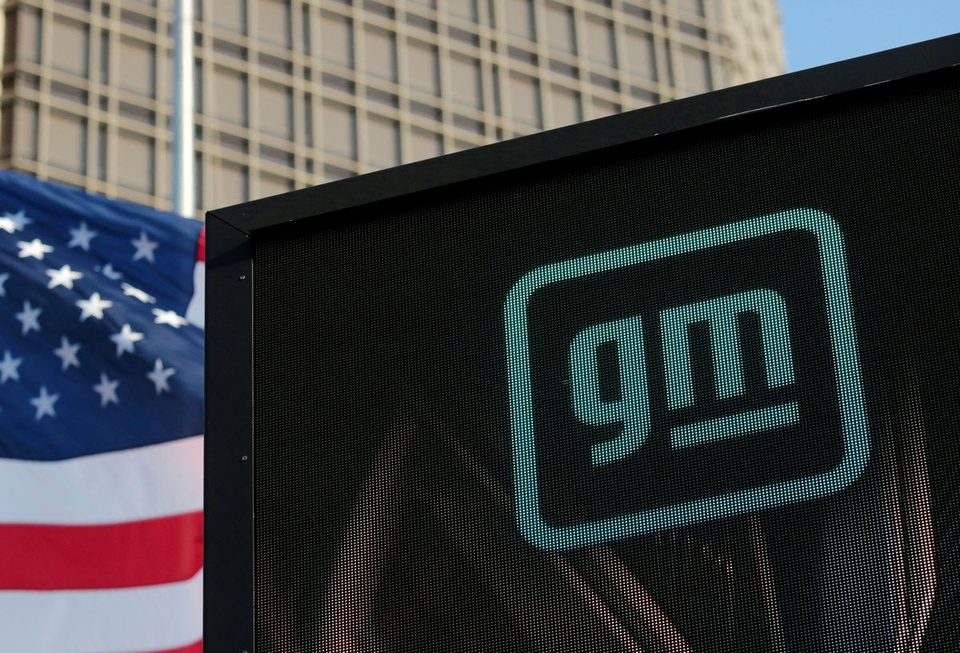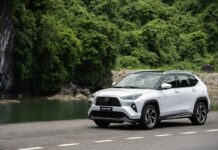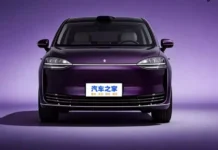
|
According to Carscoops, President Trump’s new tariff policy on imported cars into the US is intended to protect local automakers and maintain jobs for Americans. However, this policy may harm American car brands instead of benefiting them over foreign competitors.
The reason is simple: American car manufacturers do not produce all their models domestically. Last year, the Big Three of Detroit – General Motors, Ford, and Stellantis – sold 1.85 million imported passenger cars in the US, accounting for about 12.6% of their global sales combined.
For context, the three largest Japanese automakers, Toyota, Honda, and Nissan, sold 1.53 million vehicles in the US. While the difference isn’t significant, their US sales only accounted for about 8.5% of their global sales.
For German brands, the imported car sales of Volkswagen, BMW, and Mercedes in the US made up about 6.9% of their global sales, according to JATO Dynamics data.
| US car brands rely heavily on auto imports in their home market | ||||
| Percentage of US imported car sales in global sales (Data: JATO Dynamics) | ||||
| Label | GM + Ford + Stellantis | Toyota + Honda + Nissan | Volkswagen + BMW + Mercedes | |
| % | 12.6 | 8.5 | 6.9 |
According to Carscoops, the above figures indicate that American car brands heavily rely on auto imports in their home market. JATO Dynamics’ report also highlights that the Big Three of Detroit depend largely on the domestic market, unlike European and Japanese brands, which have a more extensive global reach.
General Motors is said to be the most affected by President Trump’s new tariff policy. In 2024, General Motors ranked just behind Hyundai-Kia and Toyota in terms of imported vehicles into the US. Their imported car sales in the US accounted for 18% of their global sales, the highest proportion among the world’s top five automakers.
The data also shows that North America, South America, and China are General Motors’ key markets, while Europe and other markets have minimal presence from this automaker.
|
|
|
General Motors imports a significant number of vehicles into the US. Image: General Motors |
As Chinese consumers increasingly favor domestic brands over foreign ones, the US becomes General Motors’ primary market. However, the 25% import tariff on cars could significantly impact their business.
“The implementation of these tariffs is the next issue the automotive industry has to deal with. The US is the world’s second-largest car market, and it will now become more difficult for most non-Chinese automakers,” said Felipe Munoz, an analyst at JATO Dynamics.
However, Carscoops notes that the challenges faced by the Big Three of Detroit do not mean that foreign brands will go unaffected in the US.
For instance, out of the 1.28 million vehicles Mazda sold in 2024, 343,000 were imported into the US. Subaru is also significantly impacted in the US, where it generated 71% of its global sales last year.
“The US is a critical market for 14 out of the 18 global automakers. For conglomerates like Volkswagen, the US contributes a relatively small amount to their total sales, but they will still seek to maintain a presence to uphold their positioning as a global brand,” said Felipe Munoz.
The analyst suggested that, in addition to Volkswagen, other brands like Volvo, Hyundai-Kia, Mercedes, BMW, Stellantis, Toyota, Nissan, Subaru, and General Motors would need to increase their production in the US in the future.
“The US is a market that automakers cannot afford to abandon,” emphasized Mr. Felipe Munoz.
|
|
|
President Trump wants cars sold in the US to be made in the US. Image: General Motors |
The Carscoops editorial opined that President Trump’s policy is fundamentally reasonable. The 47th US President wants automakers to manufacture cars in the US to sell to American customers.
Therefore, if the new tariffs remain in place, most automakers operating in the US will have to comply or risk seeing their sales decline as their vehicles become more expensive compared to domestically produced competitors.
Recommended Reads for Your Drive
Our Cars section offers a diverse range of book recommendations to engage and entertain you during your drives. Whether you’re on a long road trip or just commuting to work, these books will make your journey more enjoyable.












































